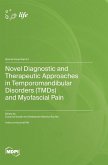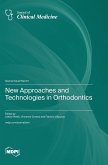In 1900, Paul Ehrlich, who was studying ricin and abrin at the time, discovered antibodies and paved the way for immunotherapy. After 120 years, Ehrlich's insight into the therapeutic potential of immunotargeting is still a source of inspiration for many scientists. One of the most studied antibody-based targeting strategies is the carrying of powerful toxins. The generated molecules are immunotoxins, i.e., chimeric proteins obtained by coupling bacterial or plant toxins and antibodies through chemical linking or genetic engineering. Immunotoxins are functionally designed to eliminate the cells responsible for pathological conditions, and they find applications in several fields, ranging from cancer to immunological diseases or pain control. Despite the lack of specificity, even native toxins find clinical application, but the use of unconjugated toxins is limited to loco-regional treatments. A fundamental requirement for the medical application of toxins and their immunoconjugates is in-depth knowledge of their interaction with target cells in terms of binding, uptake, intracellular routing, and substrate specificity. This Special Issue focuses on toxins and immunotoxins that have clinical potential. We hope to give the reader a comprehensive overview of new toxin delivery strategies and toxin-based experimental disease models, both in vitro and in vivo.
Hinweis: Dieser Artikel kann nur an eine deutsche Lieferadresse ausgeliefert werden.
Hinweis: Dieser Artikel kann nur an eine deutsche Lieferadresse ausgeliefert werden.








